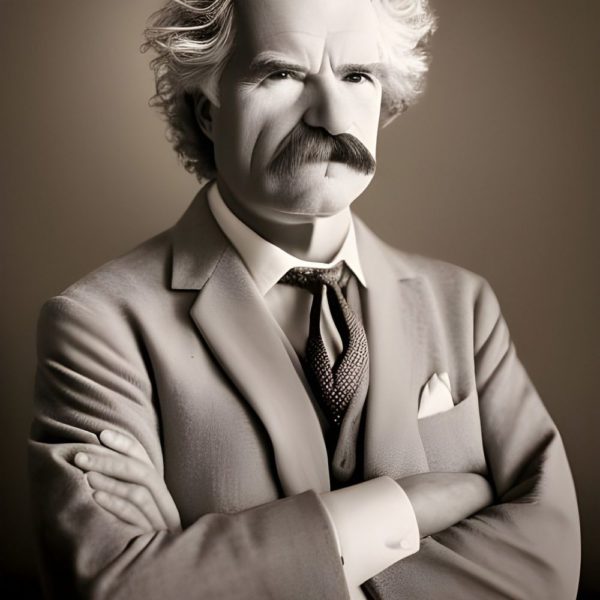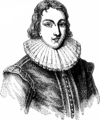Orlando Virginia Woolf: A Timeless Exploration of Identity and Gender

Introduction:
Virginia Woolf’s groundbreaking novel “Orlando” has captivated readers and challenged societal norms since its publication in 1928. As a writer famous for her intricate character development and exploration of human consciousness, Woolf crafted a masterful narrative that delves into themes of gender, identity, and the fluidity of time. In this article, we will delve deep into the world of “Orlando Virginia Woolf” and explore its cultural significance, historical context, and its enduring relevance for art enthusiasts and collectors alike.
I. Unveiling the World of “Orlando Virginia Woolf”

“Orlando Virginia Woolf” is not simply a novel; it is a journey through time and a profound exploration of identity. The protagonist, Orlando, begins as a young nobleman in Elizabethan England and embarks on an extraordinary life that spans centuries. Unique in its narrative style, the novel blurs the boundaries of reality and fiction, and Woolf’s lyrical prose transports readers into a captivating world.
1. The Fluidity of Gender and Identity:
One of the central themes of “Orlando Virginia Woolf” is the fluidity of gender and its impact on personal identity. Woolf challenges societal norms through her portrayal of Orlando’s transformation from a man to a woman. This metamorphosis not only challenges the binary constructs of gender but also prompts readers to question the very essence of identity itself.
2. Woolf’s Experimental Writing Style:
Woolf’s avant-garde narrative style was revolutionary for its time and continues to captivate readers today. The stream-of-consciousness technique employed in “Orlando Virginia Woolf” enables readers to delve deep into the inner thoughts and emotions of the characters, fostering a sense of intimacy and emotional connection.
3. Historical and Cultural Context:
To fully appreciate the significance of “Orlando Virginia Woolf,” it is essential to understand its historical and cultural context. The novel was written in the wake of the First World War, a period of immense social change and upheaval. Woolf’s exploration of gender fluidity and the fluid nature of time reflects the shifting attitudes and emerging feminist discourse of the early 20th century.
II. The Evolution of “Orlando Virginia Woolf”
“Orlando Virginia Woolf” has evolved and grown in cultural significance since its initial publication in 1928. Let’s take a historical journey to understand the development and reception of this timeless masterpiece.
1. Initial Reception and Contemporary Criticism:
Upon its release, “Orlando Virginia Woolf” received a mixed reception from critics. Woolf’s departure from traditional narrative structure perplexed many, while others celebrated her bold exploration of gender and identity. The novel’s unconventional blend of fact and fiction also raised eyebrows, leading to debates and discussions in literary circles.
2. Cultural Impact and Feminist Discourse:
As time progressed, “Orlando Virginia Woolf” gained recognition for its significant contribution to feminist discourse. Woolf’s protagonist became a symbol of gender fluidity and empowerment, inspiring countless readers and scholars to question societal norms and assumptions about sex and gender.
3. Contemporary Relevance and Adaptations:
“Orlando Virginia Woolf” has not only endured in the literary world but has also inspired various adaptations across different mediums. From stage adaptations to films, the novel’s universal themes continue to resonate with audiences. Notably, British filmmaker Sally Potter’s 1992 cinematic adaptation brought the story to life onscreen, further elevating its cultural impact.
III. The Legacy and Cultural Significance
As a featured snippet on a Google search, “Orlando Virginia Woolf” holds a special place in the hearts of art enthusiasts and collectors. Its exploration of gender, identity, and the fluidity of time makes it a compelling piece for those interested in avant-garde literature and feminist discourse.
– Orlando Virginia Woolf challenges societal norms of gender and identity, prompting readers to question traditional constructs.
– The novel’s experimental narrative style, utilizing stream-of-consciousness, invites readers into the characters’ psyche, fostering a deeper emotional connection.
– “Orlando Virginia Woolf” emerged during a time of great social change, reflecting the shifting attitudes and emerging feminist discourse of the early 20th century.
– The novel’s enduring cultural significance is evident through its incorporation into various adaptations across different mediums.
Conclusion:
“Orlando Virginia Woolf” is a literary masterpiece that continues to captivate readers with its exploration of gender, identity, and the fluidity of time. Virginia Woolf’s innovative narrative style, coupled with the novel’s profound cultural significance, renders it a timeless work of art. As we delve into the world of “Orlando Virginia Woolf,” we are reminded of the power of literature to challenge societal norms and inspire generations of readers and artists.
FAQ
How has Orlando Virginia Woolf influenced contemporary culture?
What is the central theme of Orlando Virginia Woolf?
What is unique about the narrative style of Orlando Virginia Woolf?
Flere Nyheder
Fra installationer til interaktive værker: Samtidskunstens nye sprog
Introduction: Virginia Woolf’s groundbreaking novel “Orlando” has captivated readers and challenged societal norms since its publication in 1928. As a writer famous for her intricate character development and exploration of human co...
02 oktober 2025











